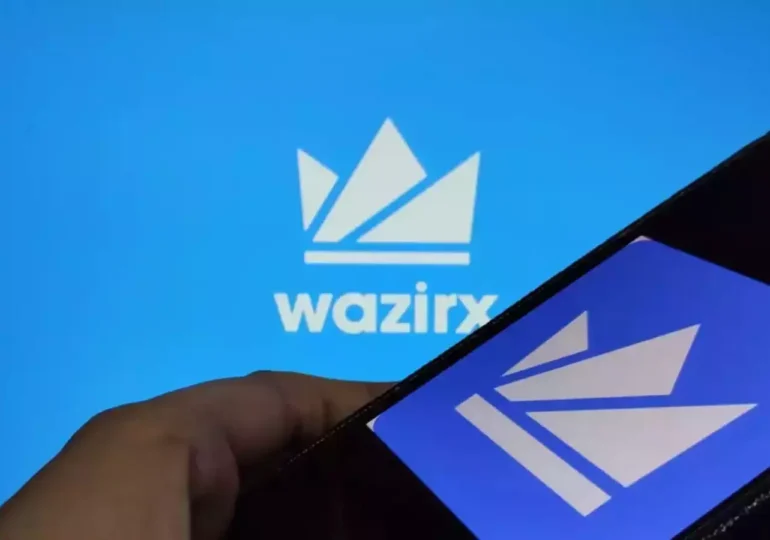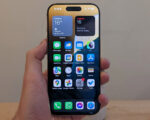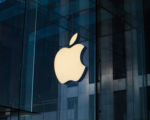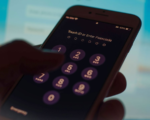Apple Faces Scrutiny from Indian Authorities Regarding Alert on ‘State-Sponsored Attackers’: Report

Apple Faces Criticism from Indian Authorities for Hacking Alerts to Journalists and Politicians.
Apple is reportedly facing pressure and scrutiny from Indian officials over the security of its devices and the accuracy of its threat detection algorithms, after it sent alerts to several journalists and opposition leaders in India that their phones may have been hacked by state-sponsored actors.
The Washington Post reported, citing three people with knowledge of the matter, that the government officials were unhappy with Apple’s warnings and wanted the company to find ways to reduce the political damage of its alerts. The official also asked an Apple security expert to suggest alternative explanations for the alerts that would, most likely, not implicate the government as the possible source of the attacks.
“They were really angry,” one of the sources reportedly said.
The recipients of Apple’s warnings were all critics of the ruling party. One of them was Anand Mangnale, a journalist who was investigating Gautam Adani, a billionaire industrialist. Amnesty International analysed Mangnale’s phone and confirmed that it was infected with the Pegasus spyware, a sophisticated hacking tool developed by the Israeli firm NSO Group and sold exclusively to governments and law enforcement agencies.
Apple did not directly accuse the Indian government of being behind the hacking attempts, but the evidence points to its involvement. The Post said that Prime Minister Narendra Modi’s party has never admitted or denied using Pegasus to spy on its opponents, but this is not the first time that its detractors have been targeted by the spyware.
Apple has garnered a reputation for its robust commitment to privacy and security. Nevertheless, the company has encountered challenges and controversies in specific markets, notably China, where it adhered to local laws, potentially impacting user privacy and security. Additionally, Apple has engaged in legal disputes with the U.S. government, particularly over its reluctance to unlock iPhones belonging to suspects in criminal cases.





















